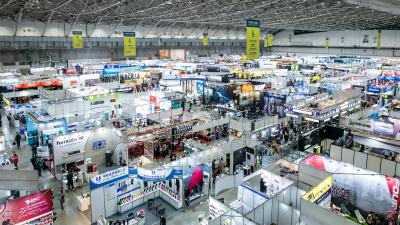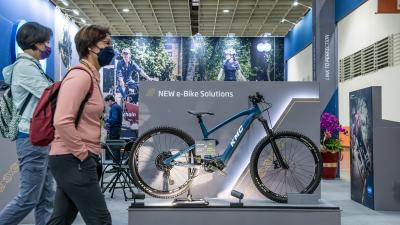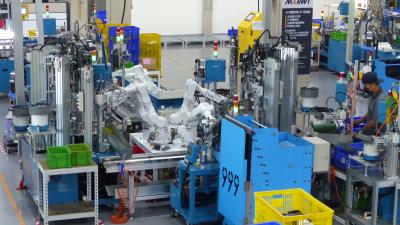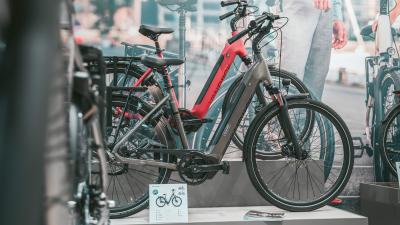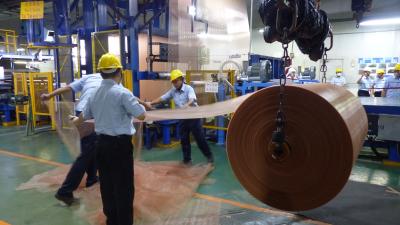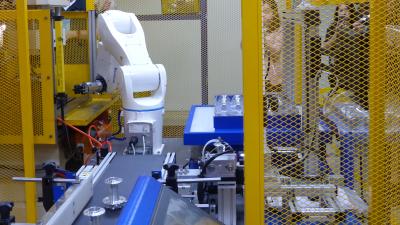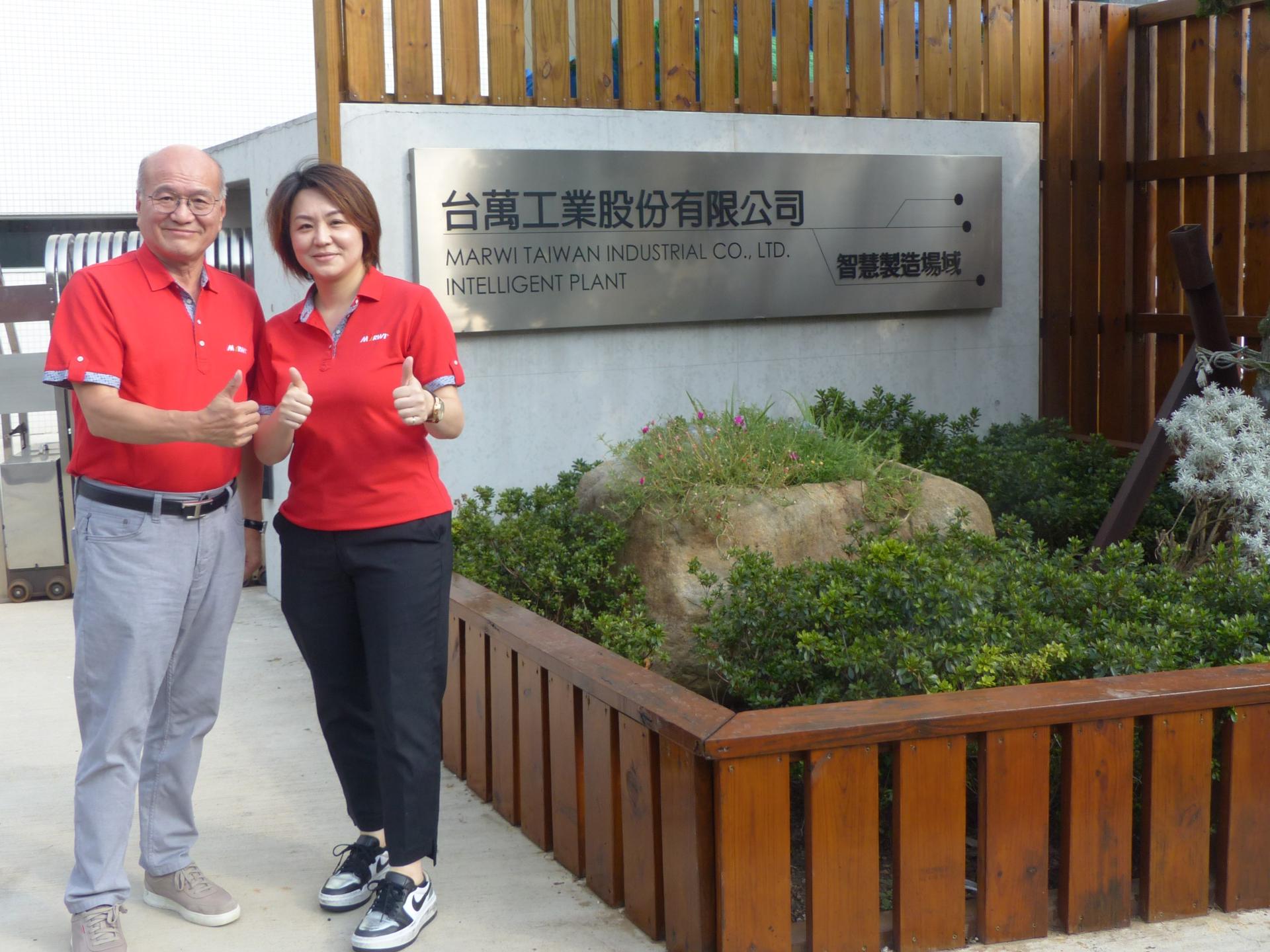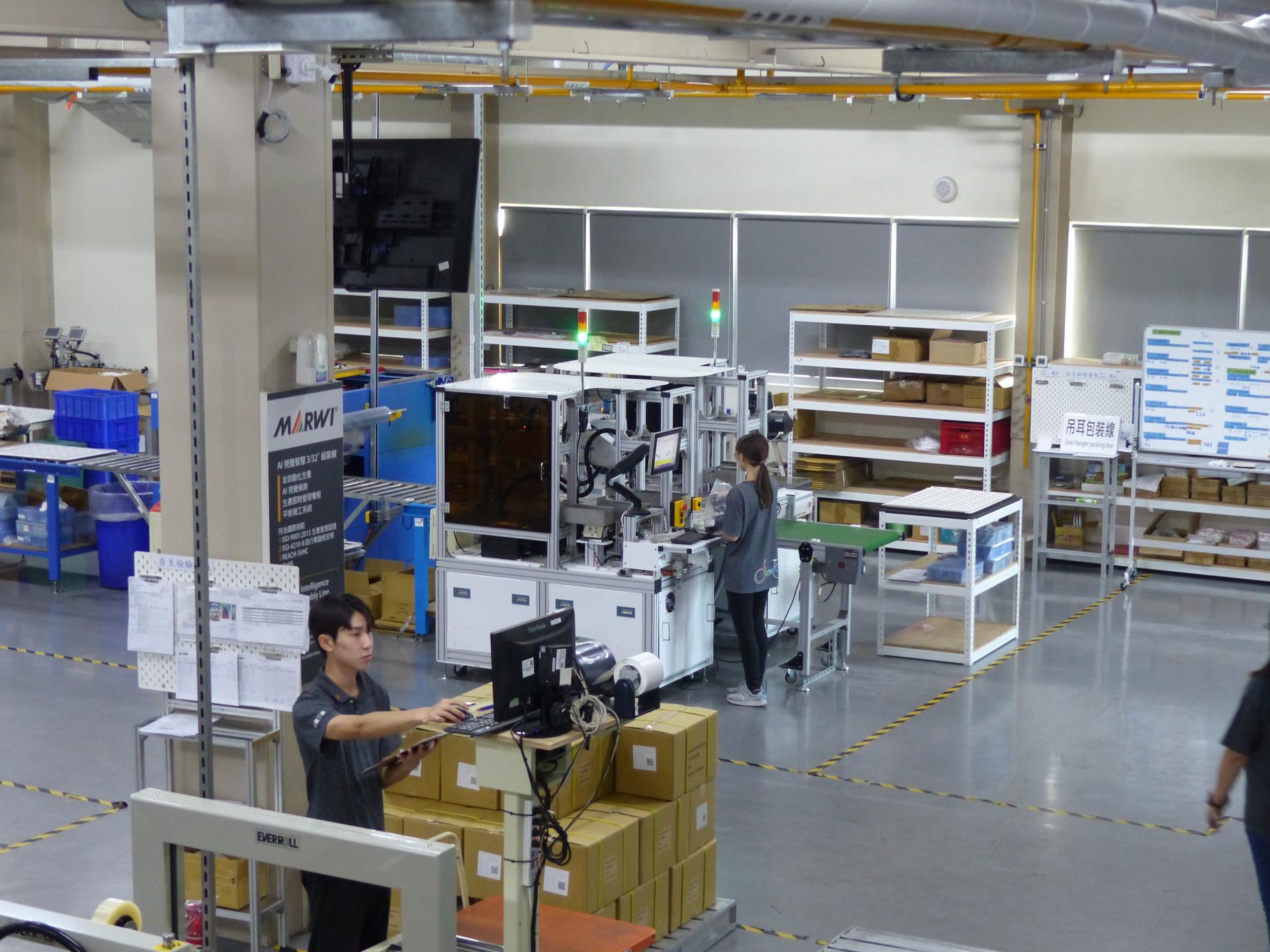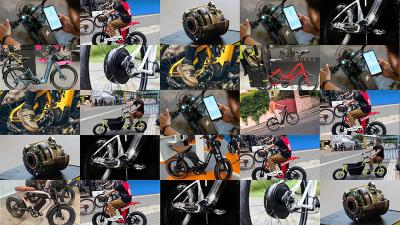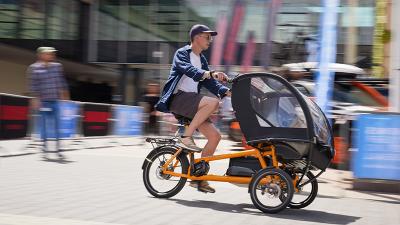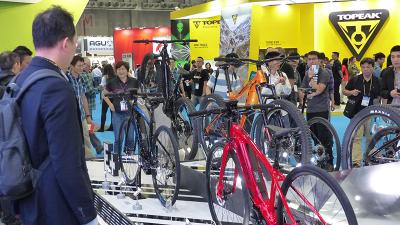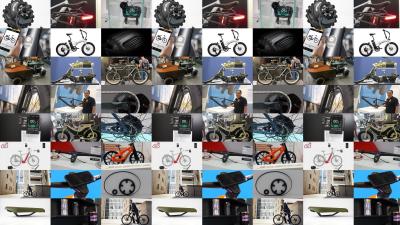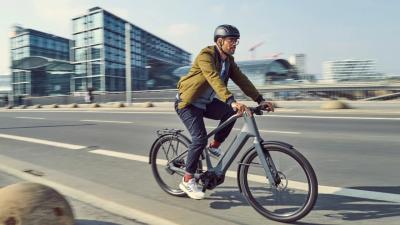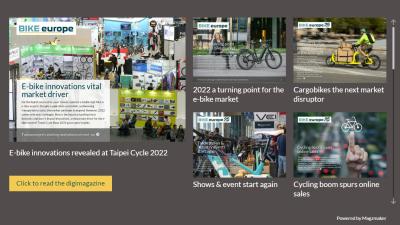Future strategy
Looking ahead to 2024, Marwi Group is set to enter Phase 2 of its carbon reduction plan. This phase will focus on curbing GHG emissions from its factory site in Taiwan, primarily through the implementation of energy-saving projects aligned with ISO 50001 standards.
Additionally, leveraging the existing 170kWp solar generator, the company is evaluating the feasibility of constructing an additional unit to bolster its capacity for generating green electricity. These measures are anticipated to make substantial contributions towards reducing Scope 2 emissions. While progress is being made on the operational front, addressing Scope 3 emissions presents a unique challenge for the bicycle industry. Acquiring accurate carbon emission records from upstream vendors, many of which are small and medium enterprises (SMEs), proves to be a complex endeavor.
Marwi Group’s dedication to environmental sustainability exemplifies its leadership in the bicycle industry. Through meticulous planning, auditing, and collaboration with stakeholders, the company is poised to make significant strides in its mission to create a greener, more sustainable future. The company aims to produce fully CO2 neutral by 2040, while Taiwan’s joined initiative, the Bicycle Alliance for Sustainability (BAS), has set this date for 2050.
